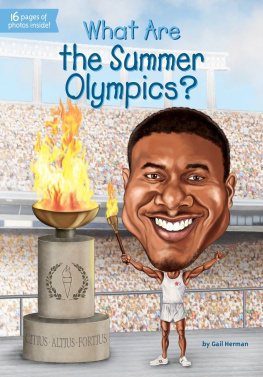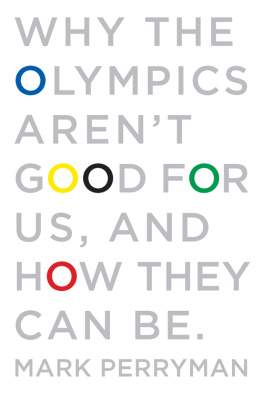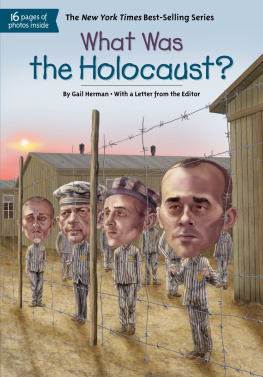Gail Herman - What Are the Summer Olympics?
Here you can read online Gail Herman - What Are the Summer Olympics? full text of the book (entire story) in english for free. Download pdf and epub, get meaning, cover and reviews about this ebook. year: 2016, publisher: Penguin Young Readers Group, genre: History. Description of the work, (preface) as well as reviews are available. Best literature library LitArk.com created for fans of good reading and offers a wide selection of genres:
Romance novel
Science fiction
Adventure
Detective
Science
History
Home and family
Prose
Art
Politics
Computer
Non-fiction
Religion
Business
Children
Humor
Choose a favorite category and find really read worthwhile books. Enjoy immersion in the world of imagination, feel the emotions of the characters or learn something new for yourself, make an fascinating discovery.
- Book:What Are the Summer Olympics?
- Author:
- Publisher:Penguin Young Readers Group
- Genre:
- Year:2016
- Rating:3 / 5
- Favourites:Add to favourites
- Your mark:
- 60
- 1
- 2
- 3
- 4
- 5
What Are the Summer Olympics?: summary, description and annotation
We offer to read an annotation, description, summary or preface (depends on what the author of the book "What Are the Summer Olympics?" wrote himself). If you haven't found the necessary information about the book — write in the comments, we will try to find it.
What Are the Summer Olympics? — read online for free the complete book (whole text) full work
Below is the text of the book, divided by pages. System saving the place of the last page read, allows you to conveniently read the book "What Are the Summer Olympics?" online for free, without having to search again every time where you left off. Put a bookmark, and you can go to the page where you finished reading at any time.
Font size:
Interval:
Bookmark:


For Lizziegymnast, sprinter, and moreGH
GROSSET & DUNLAP
Penguin Young Readers Group
An Imprint of Penguin Random House LLC

Penguin supports copyright. Copyright fuels creativity, encourages diverse voices, promotes free speech, and creates a vibrant culture. Thank you for buying an authorized edition of this book and for complying with copyright laws by not reproducing, scanning, or distributing any part of it in any form without permission. You are supporting writers and allowing Penguin to continue to publish books for every reader.
The publisher does not have any control over and does not assume any responsibility for author or third-party websites or their content.
Text copyright 2016 by Gail Herman. Illustrations copyright 2016 by Penguin Random House LLC. All rights reserved. Published by Grosset & Dunlap, an imprint of Penguin Random House LLC, 345 Hudson Street, New York, New York 10014. GROSSET & DUNLAP is a trademark of Penguin Random House LLC.
Library of Congress Cataloging-in-Publication Data is available.
ISBN 978-0-399-54290-9
Version_1
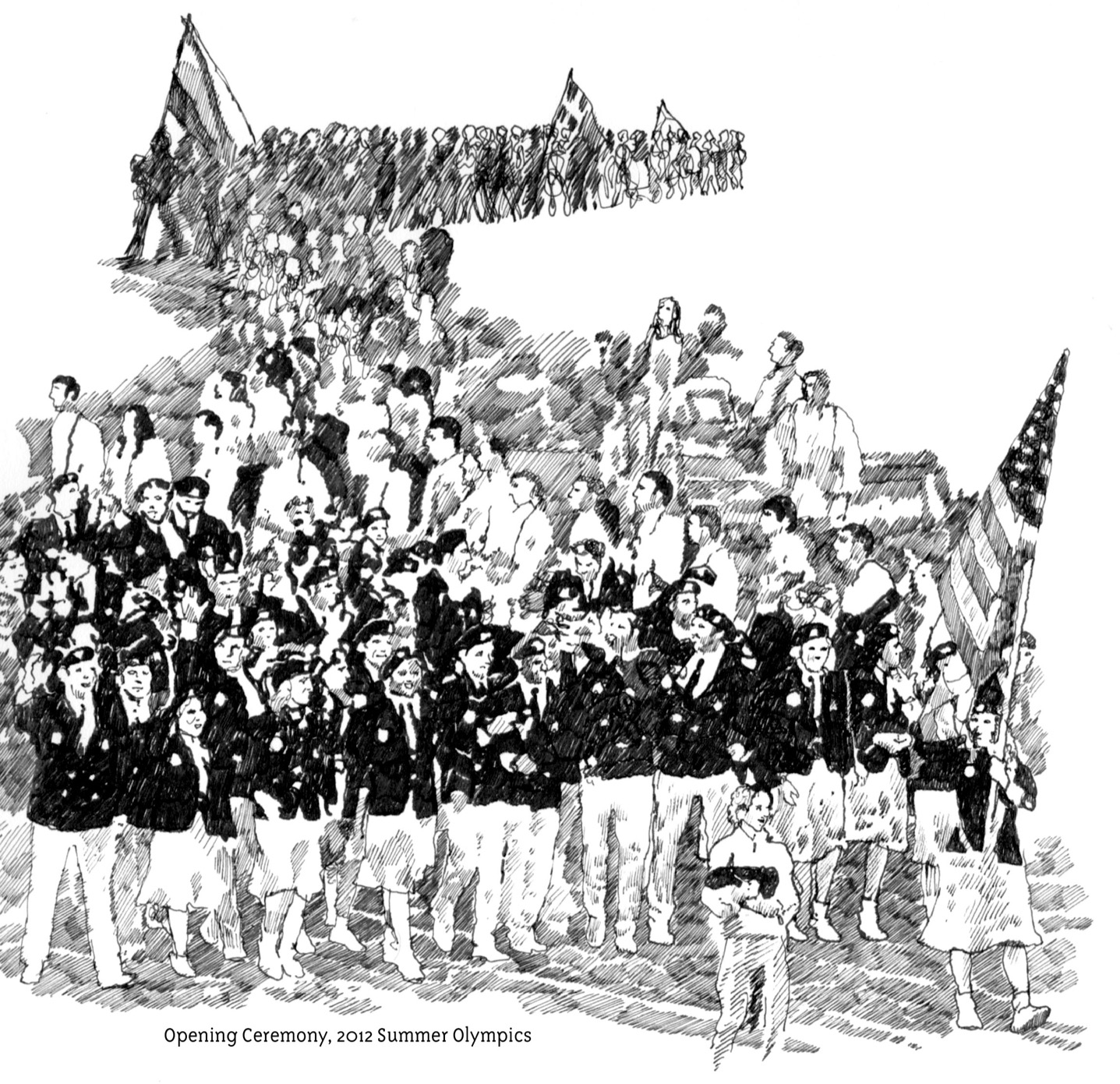
Every four years during the summer, athletes from every corner of the globe meet to compete in the Olympicsthe greatest sports contest on earth.
For about two weeks, athletes test their skill, their strength, and their luck in more than three hundred events. Arenas for the Olympics become a world stage, with billions of fans following the Games on TV.
There have been generals, princes, and movie stars who have competed in the Olympics. But more often than not, athletes are ordinary young men and women. Except, of course, they are not ordinary. They are champions in running, jumping, swimming, rowing, cycling, gymnastics, tennis, and soccer. Name any warm-weather sport, and most likely its been played at the Summer Olympics.
Weeks before the athletes meet, the Olympics have actually already begun.
Where?
In Olympia, Greece, the site of the original, ancient Olympic Games. There, in a valley surrounded by gentle hills, a mirror is held up to the sun. The rays light the flame on a torch.
The Olympic torch will be carried to the city hosting the Games. The journey connects the Games of today to the Games of the ancient past. Long ago, fires burned in front of temples to honor Greek gods. Today the torch is passed from person to person moving by foot, car, train, boat, plane, through countries, across oceans, over mountains. On the way to Beijing, China, in 2008, the torch even reached the highest point in the world, Mount Everest.
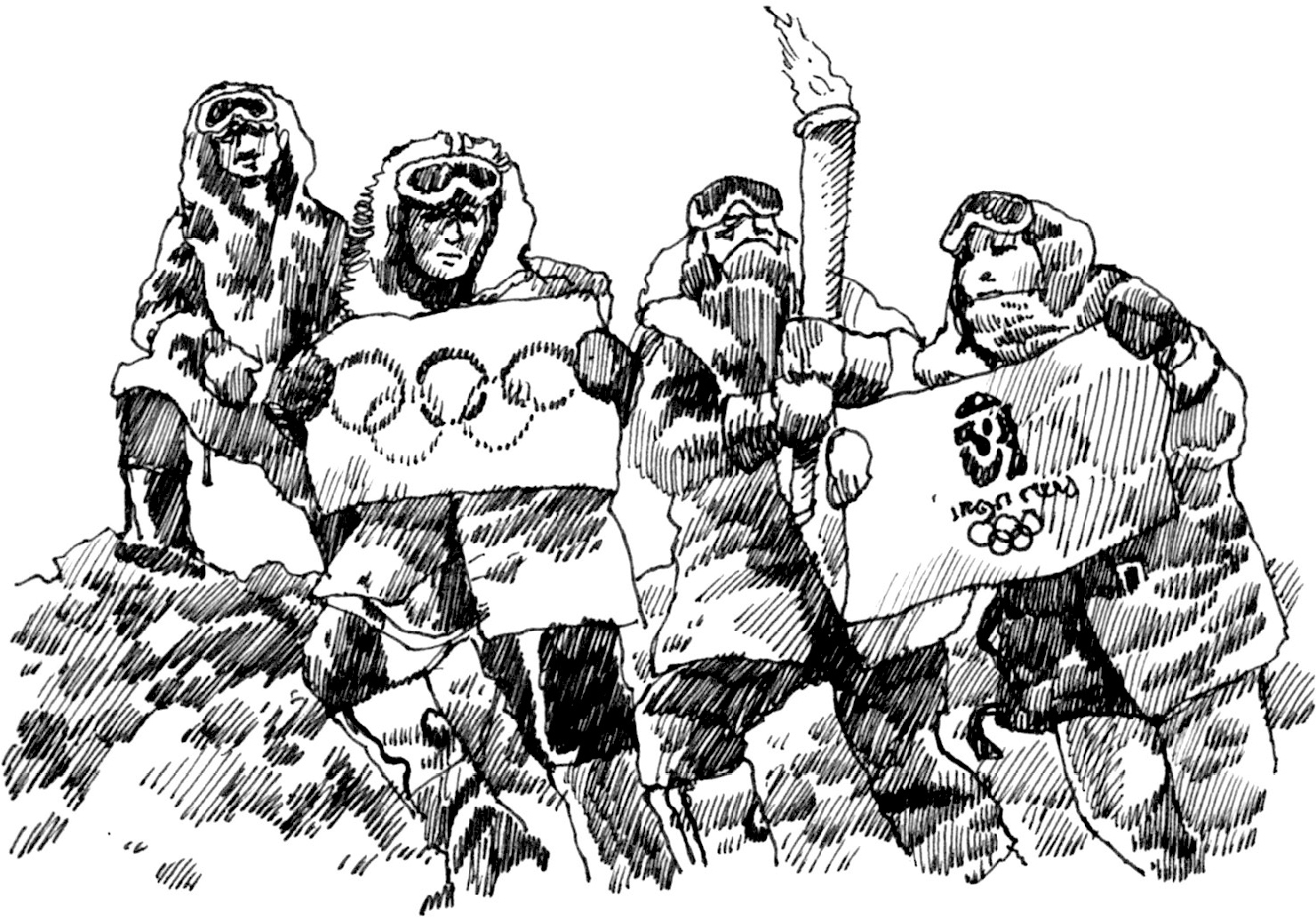
But no matter its path, the relay ends at the Olympic stadium of the host city in time for the opening ceremony. The last torchbearer lights a cauldron, a giant bowl sitting atop the stadium. And the Games begin.
The Ancient Games:
776 BCAD 393
The Olympic Games started in Greece in the valley of Olympia at least three thousand years ago. Much about them is unknown. But one thing is certain. At first, they were part of religious festivals. The festivals were held to honor Zeus, the king of the gods worshipped by ancient Greeks.
The first known Olympics took place in 776 BC, but they may have started hundreds of years earlier. These early Olympics took place on a single day. There was a 200-meter race, among other events.
Why this length? Supposedly that was the distance the famous Greek hero Heracles (Hercules) could run while holding his breath.
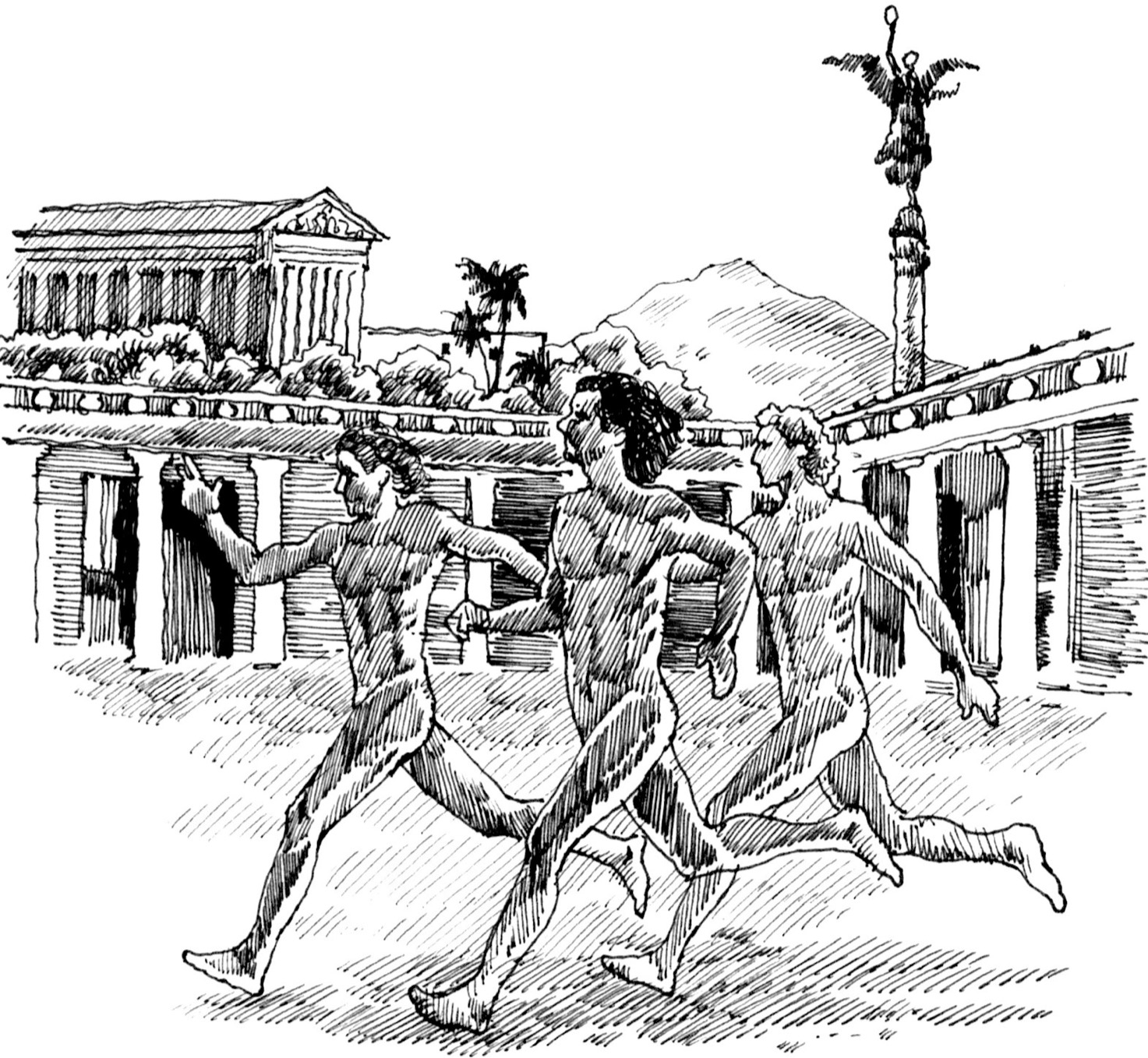
In time, a stadium was built. More races were added. In one, athletes ran in full armor. Mostly though, they didnt wear anything at all. They ran naked!
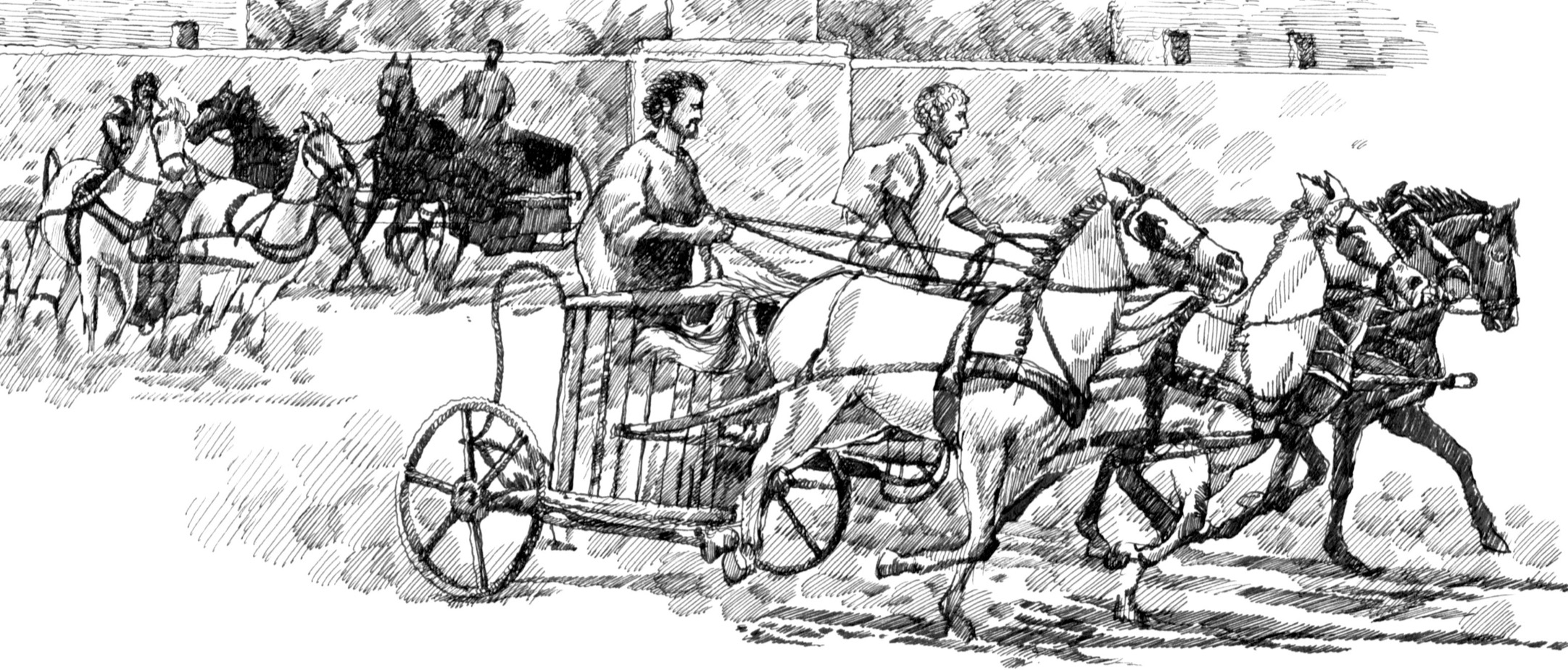
Soon chariot races were added, as well as wrestling and boxing matcheswhich sometimes ended in a fighters death.
Before each Olympics, messengers traveled through Greece, spreading news of the Games and seeking male athletes. No women could compete.
For each Olympics, thousands made their way to Olympia. Hundreds of tents lined the valley. Campfire smoke filled the air. Magicians and fortune-tellers performed. Art and music exhibitions were held.
But as centuries passed, people stopped believing in the Greek gods. They lost interest in the Games. By AD 400, after more than a thousand years, the Olympic era was over.
The Modern Games Begin:
The Late 1800s
In the 1870s, archeologists came to Olympia to learn more about ancient Greece and the Olympics.
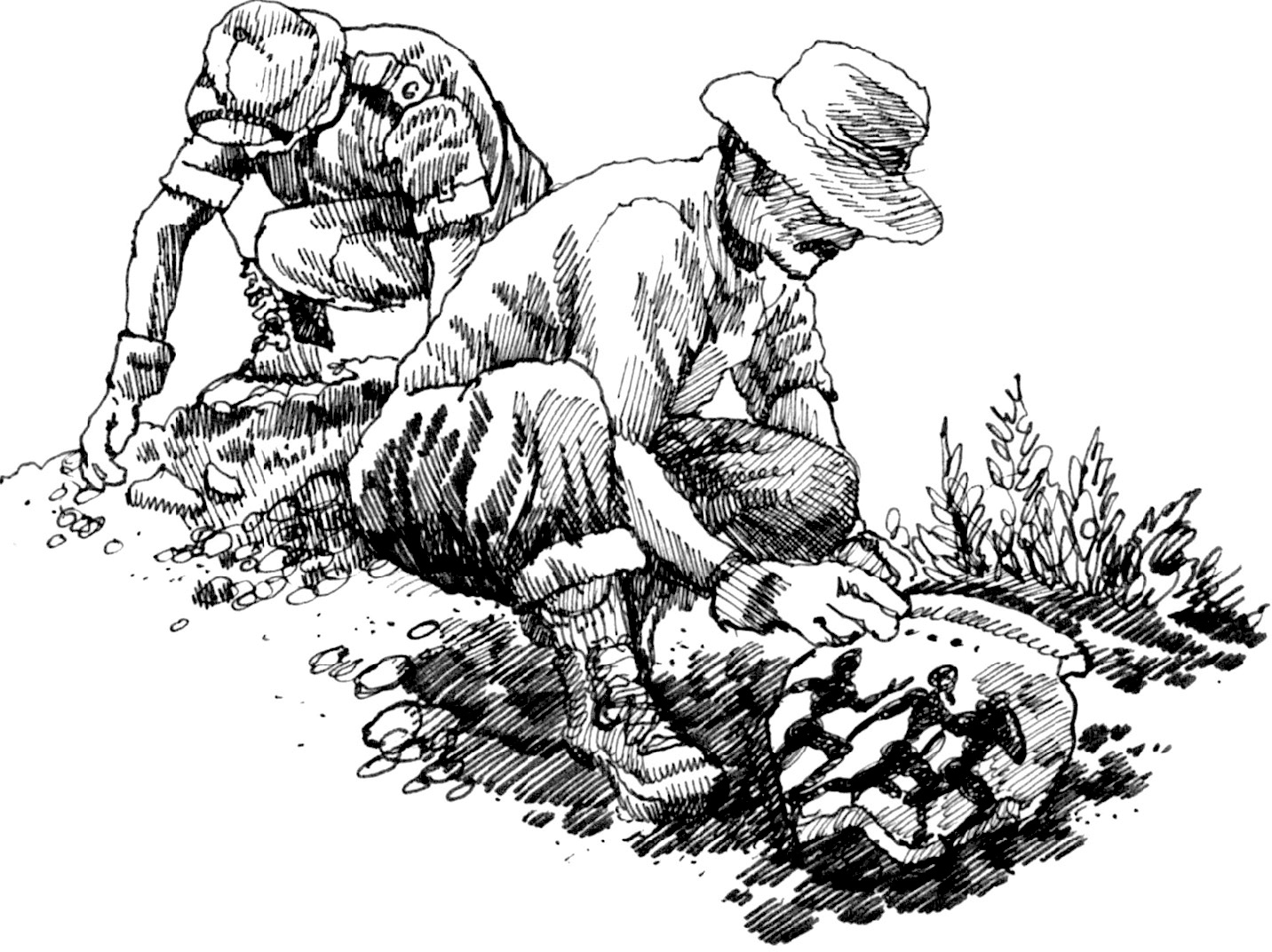
Archeologists dig up buried objects to find out about the past. The archeologists in Olympia found bits of old vases and statues. These objects provided clues about the Greek way of life and its focus on having a strong mind in a strong body.
News of their findings spread. Many people already knew about the ancient Olympics. But the dig spurred renewed interest in the Games.
A teacher from France named Pierre de Coubertin was fascinated by this mind-body connection. He thought sports contests could help young people become better students. His goal was to hold Olympic Games again, with athletes from all over the world competing.
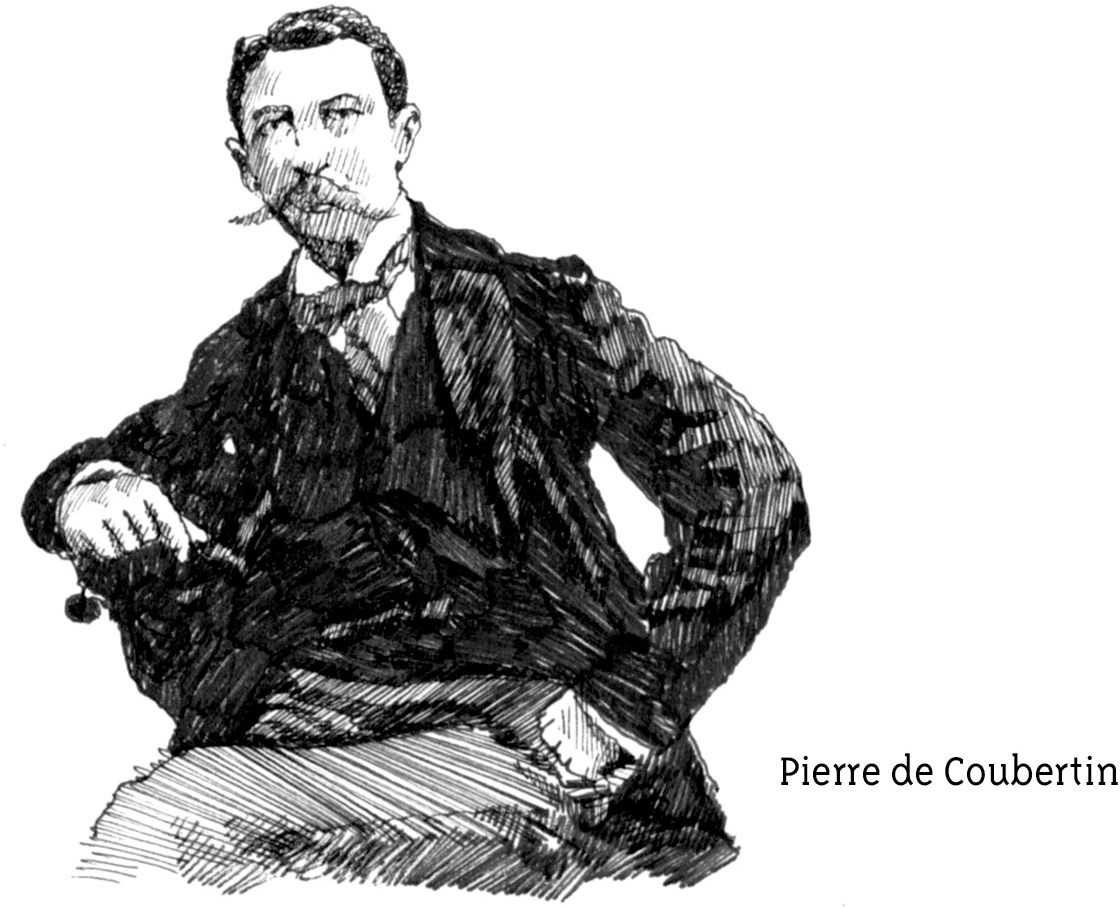
In 1894, Coubertin met with representatives from many countries in Paris, France. They decided the Olympics would be held every four years, each time in a different country. The first would take place in Athens, Greece, not far from Olympia. Two years laterabout fifteen hundred years after the last Olympicsthe modern Games began. That March, the US team of fourteen men sailed for Greece. There were no events for women at all.
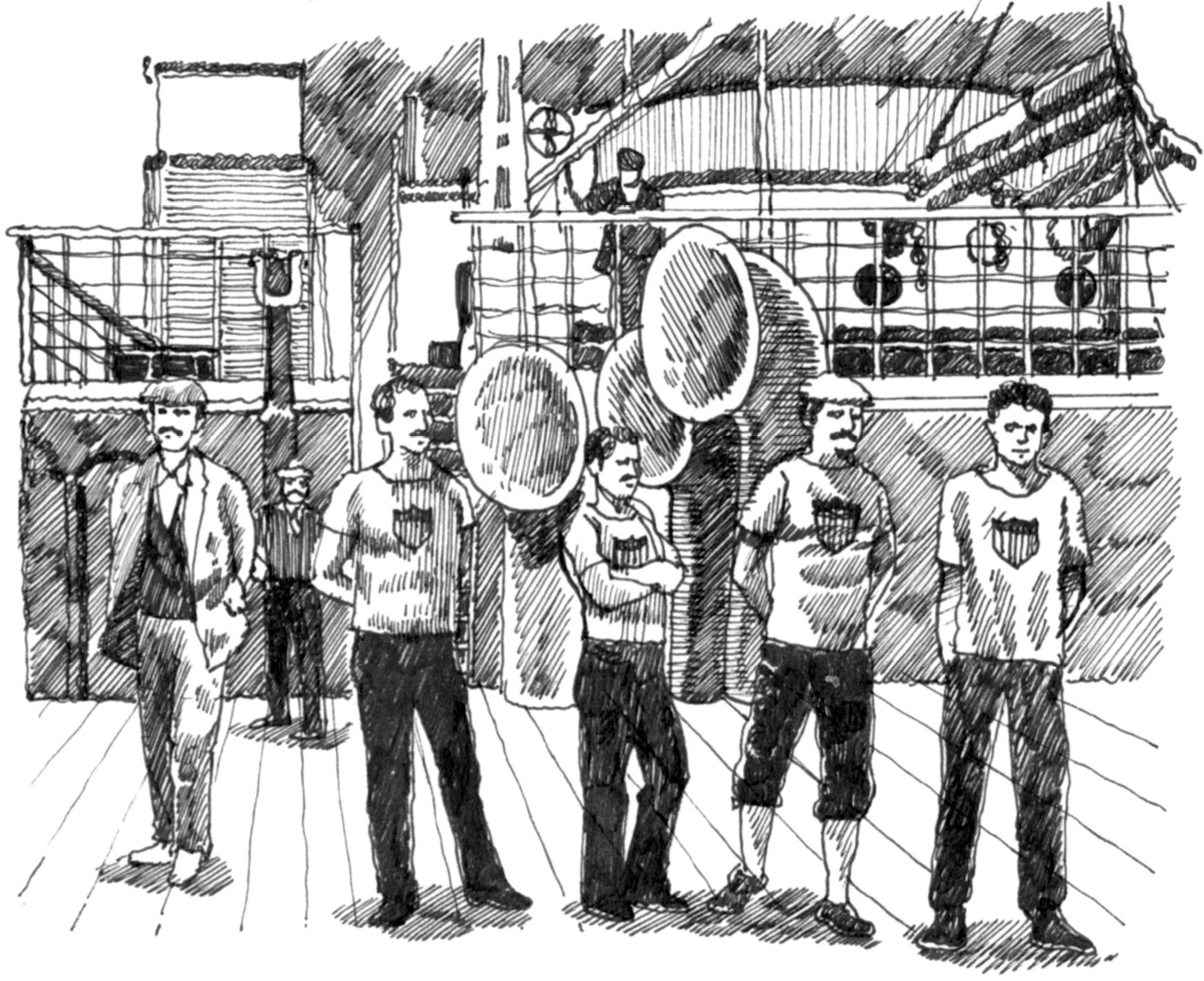
It took more than two weeks by ship and train for the Americans to arrive in Athens. They joined more than two hundred athletes from thirteen countriesEngland, France, and Germany among them. To welcome the athletes, there was a special banquet, a parade, and dancing and singing in the streets.
Early the next morning, crowds flocked to the stadium, which was built from ancient ruins. It connected the new to the old. The Games began like the ancient ones, with a sprint.
The marathona long-distance footracewas the final track event. The Greeks hadnt won a race yet. They wanted this win badly. Seventeen runners stood at the starting line in the city of Marathon. At 2:00 p.m. the starting gun fired. A French runner sprinted into the lead. The roads were hot and dusty. Doctors followed in carts.
Font size:
Interval:
Bookmark:
Similar books «What Are the Summer Olympics?»
Look at similar books to What Are the Summer Olympics?. We have selected literature similar in name and meaning in the hope of providing readers with more options to find new, interesting, not yet read works.
Discussion, reviews of the book What Are the Summer Olympics? and just readers' own opinions. Leave your comments, write what you think about the work, its meaning or the main characters. Specify what exactly you liked and what you didn't like, and why you think so.

